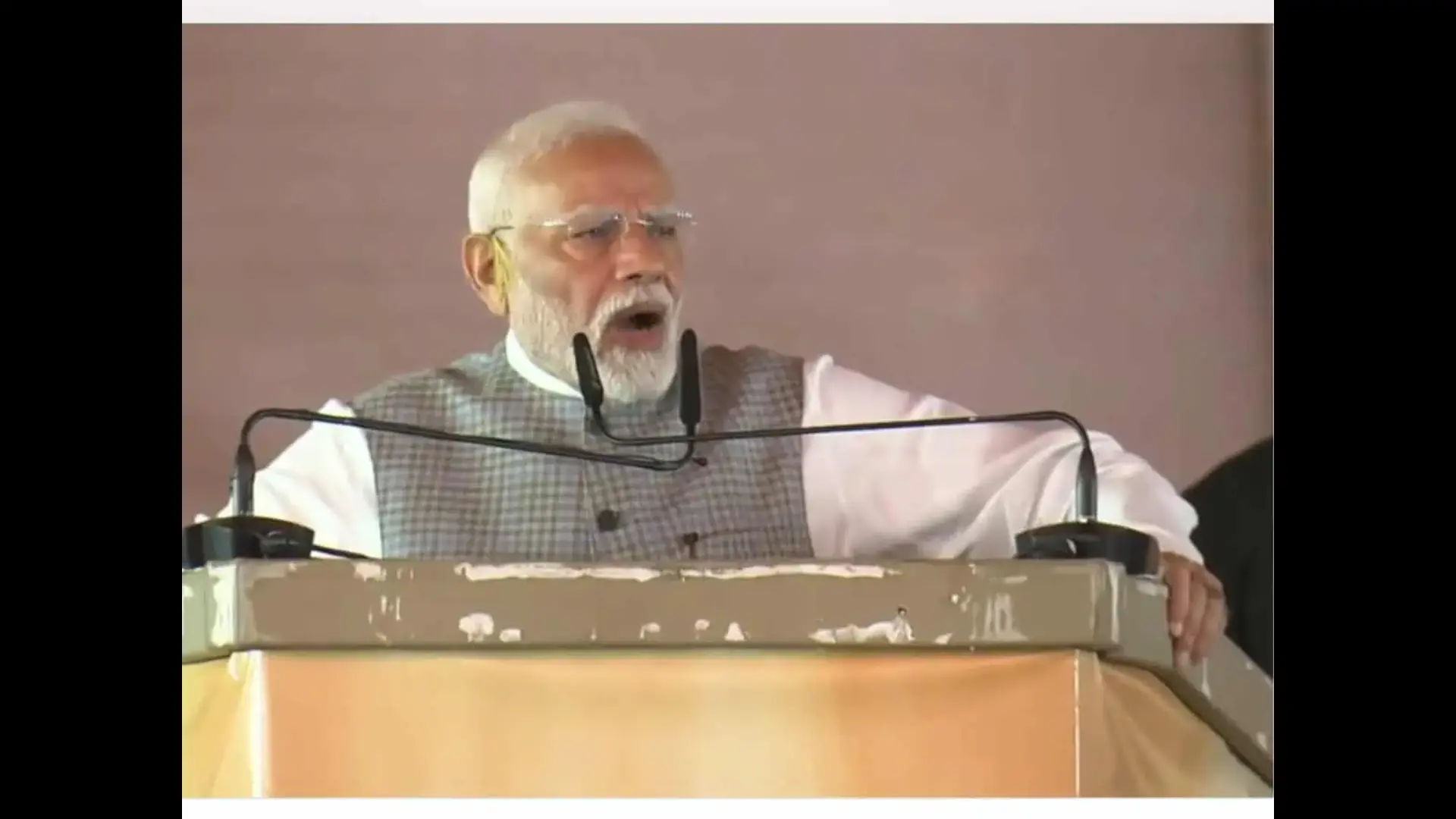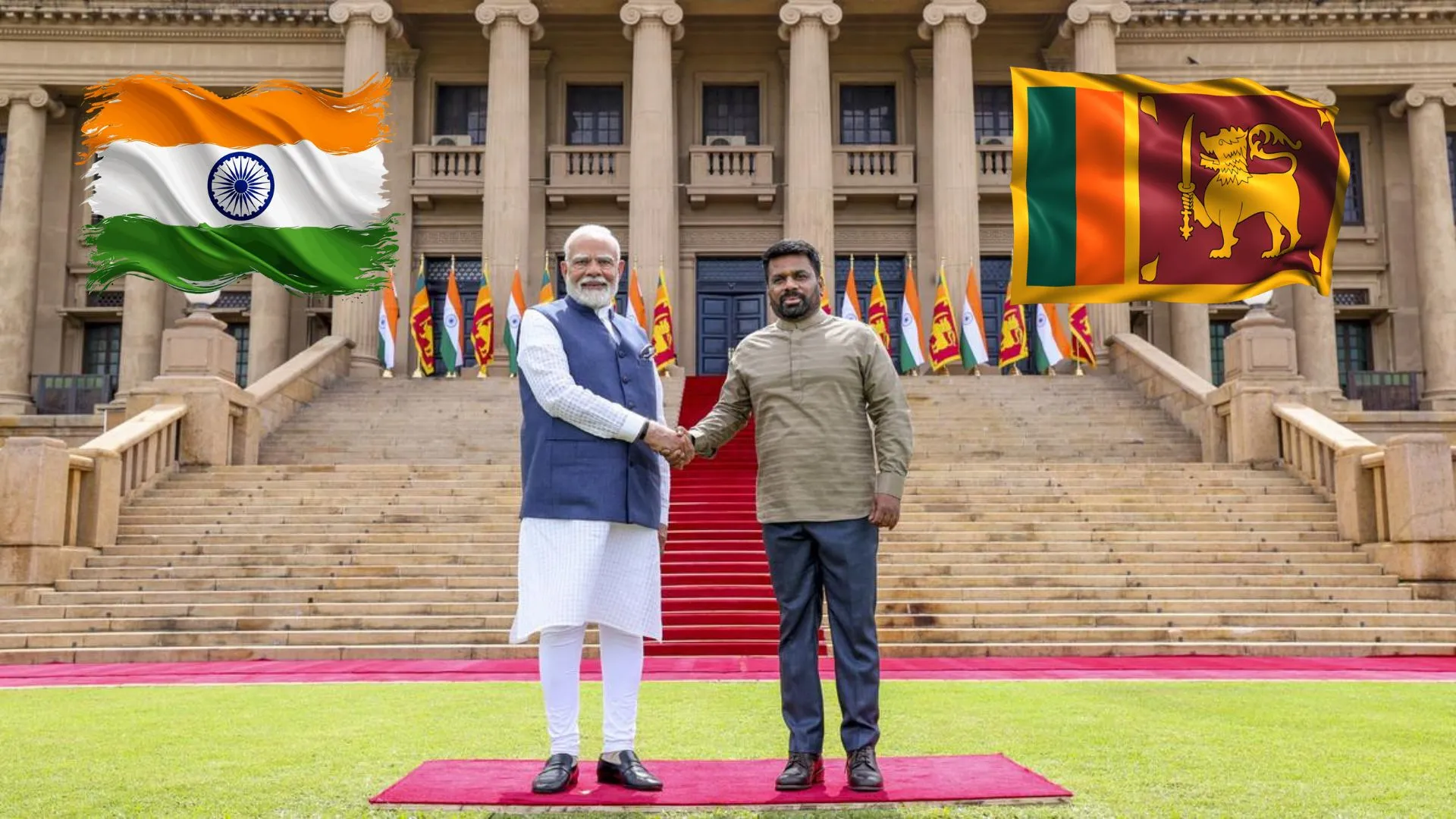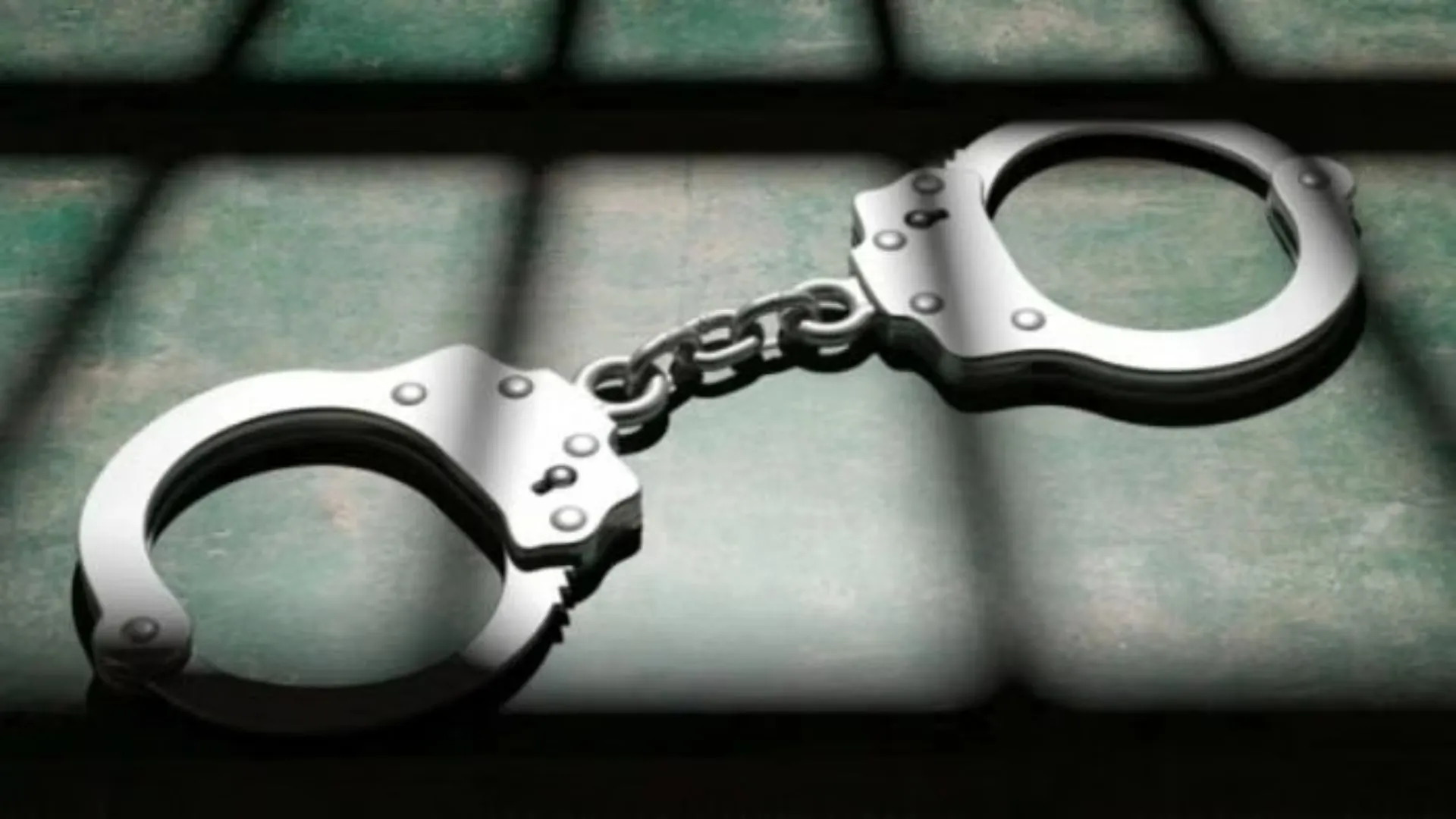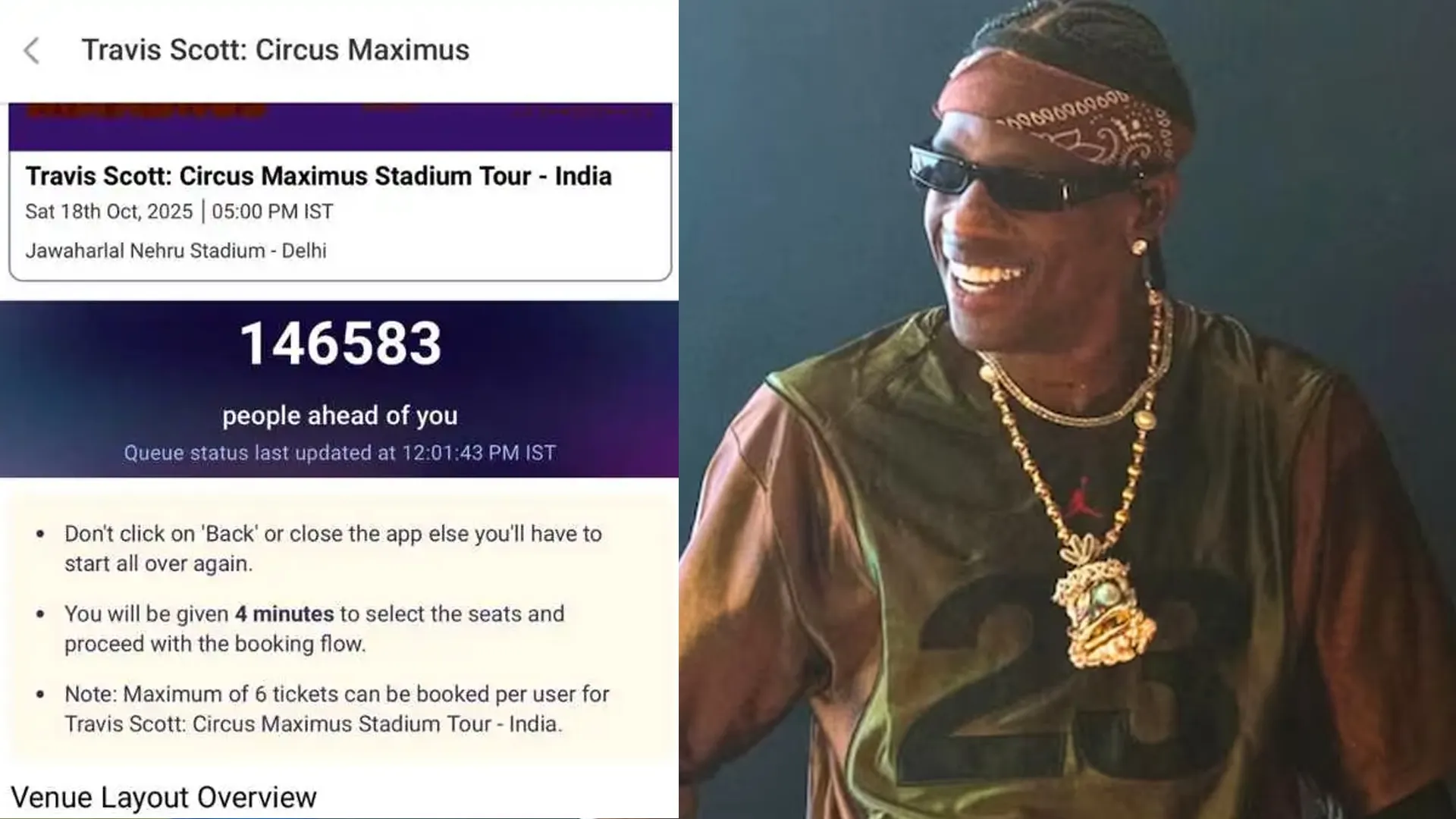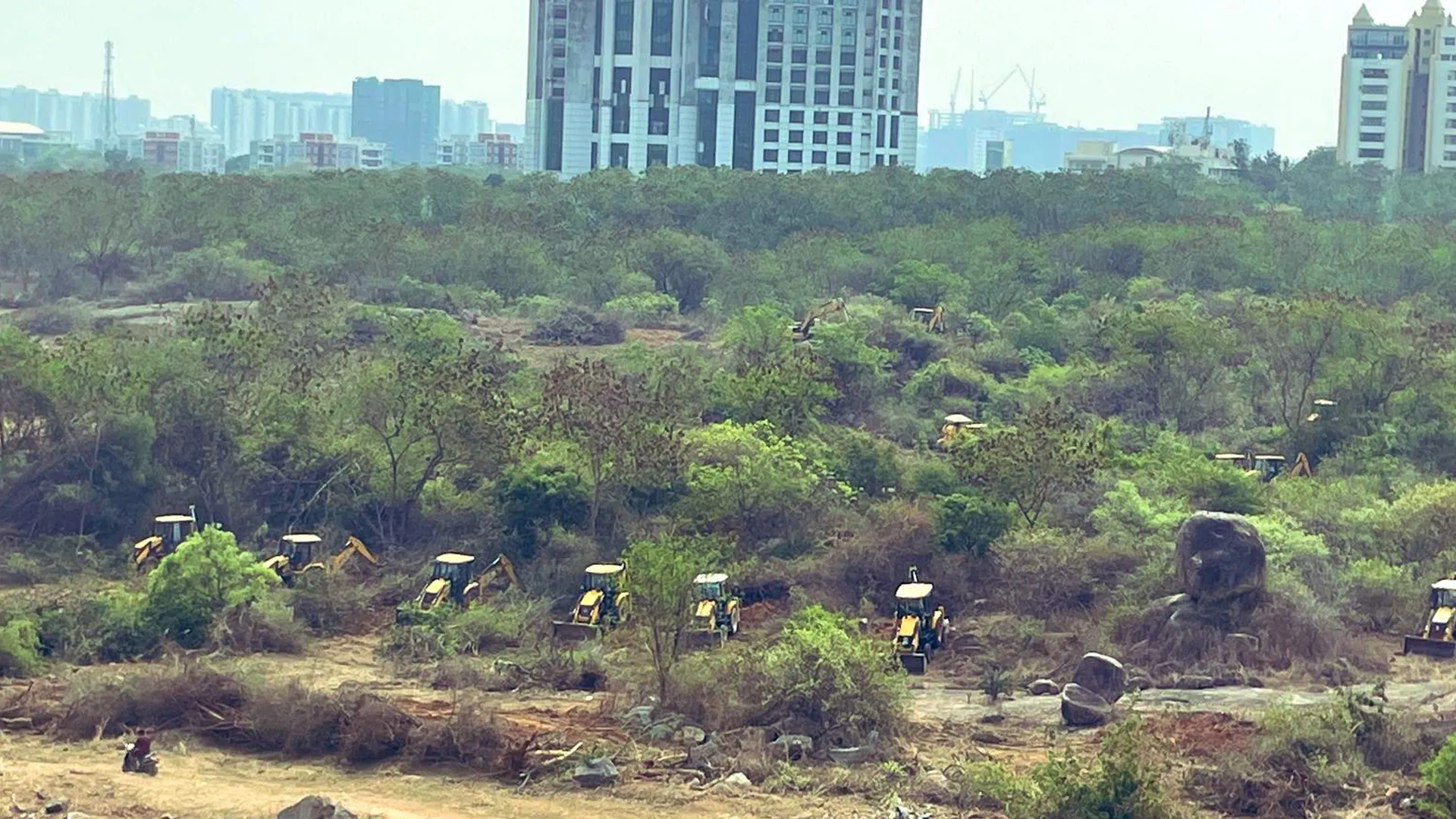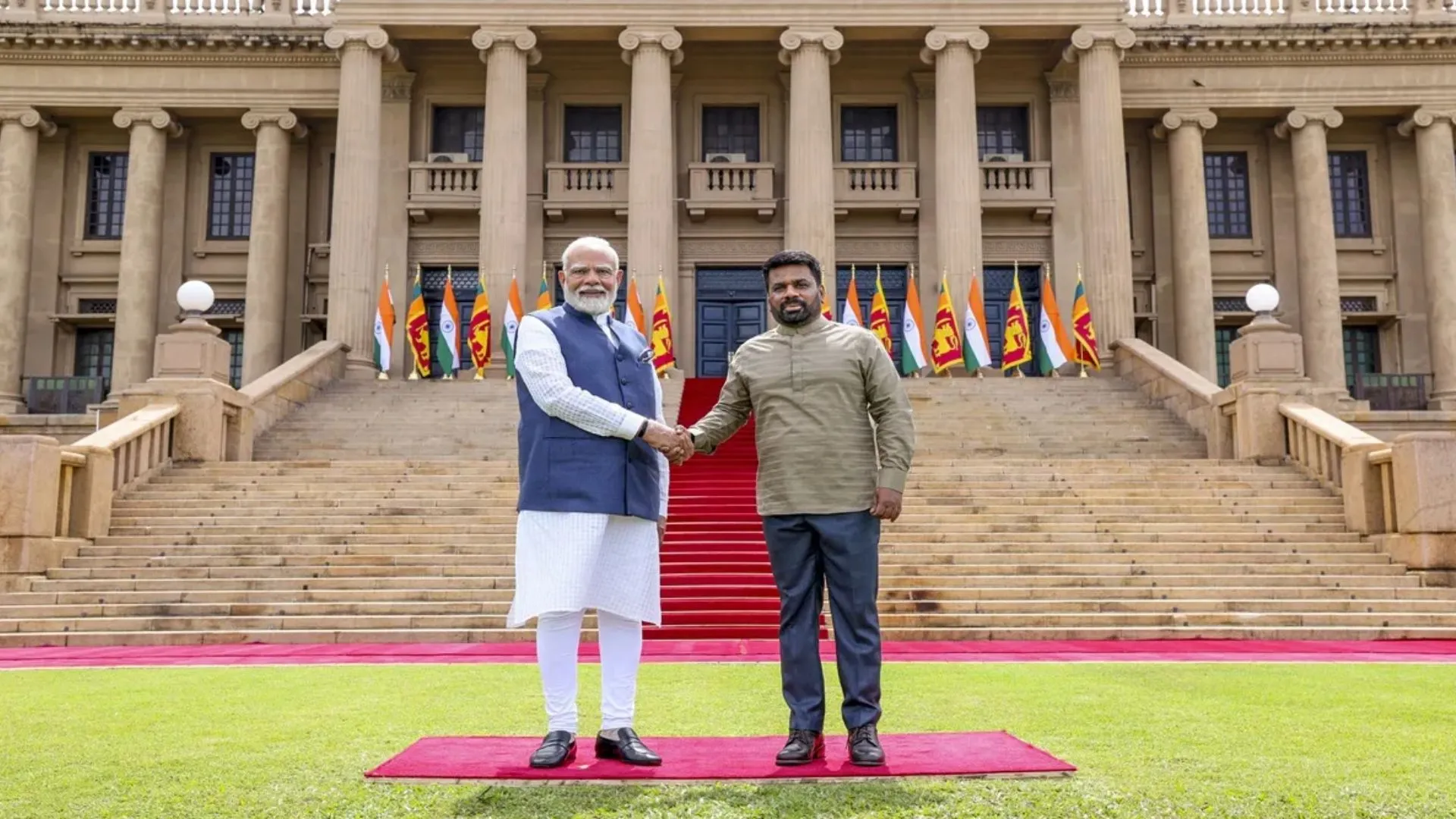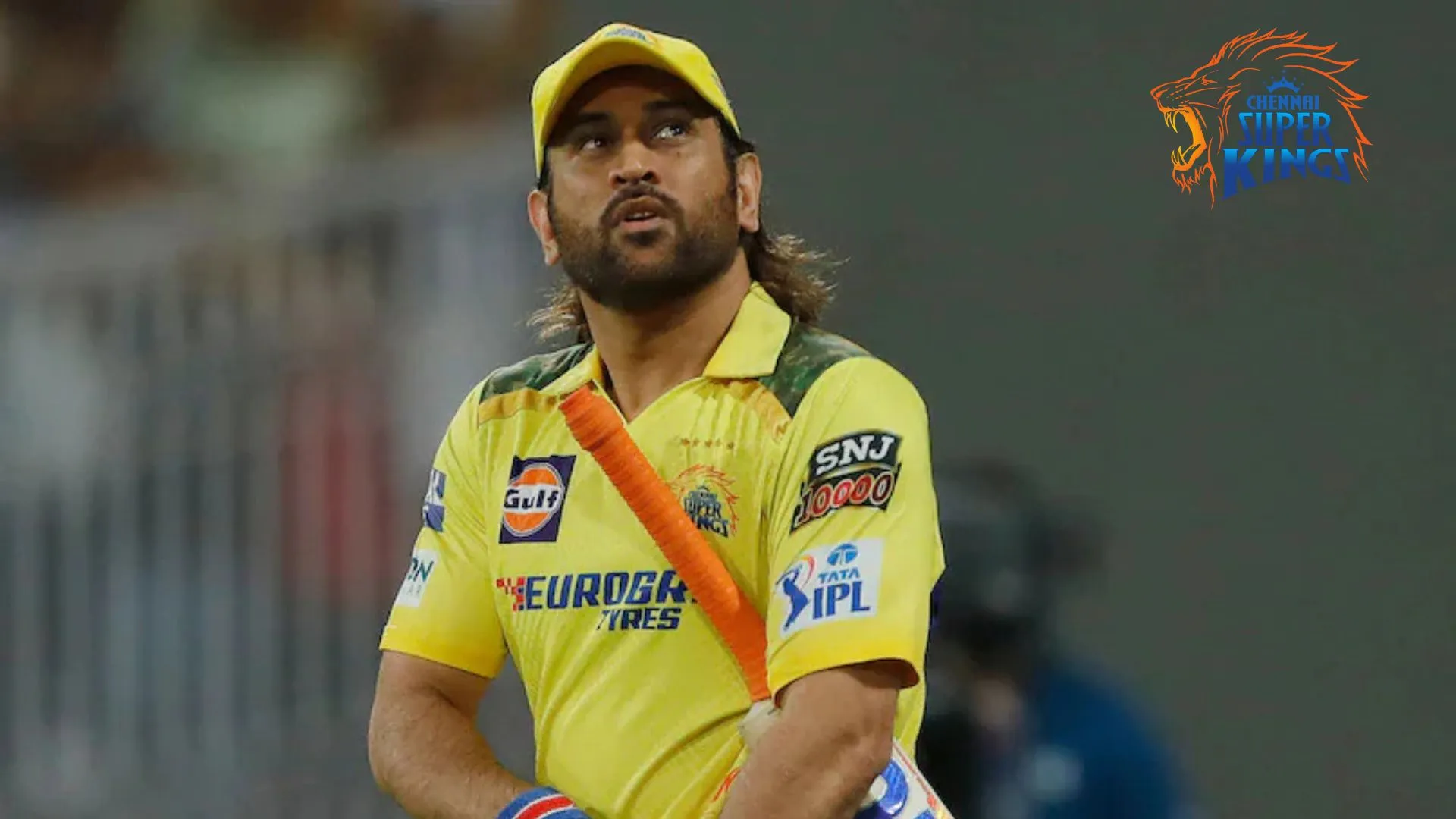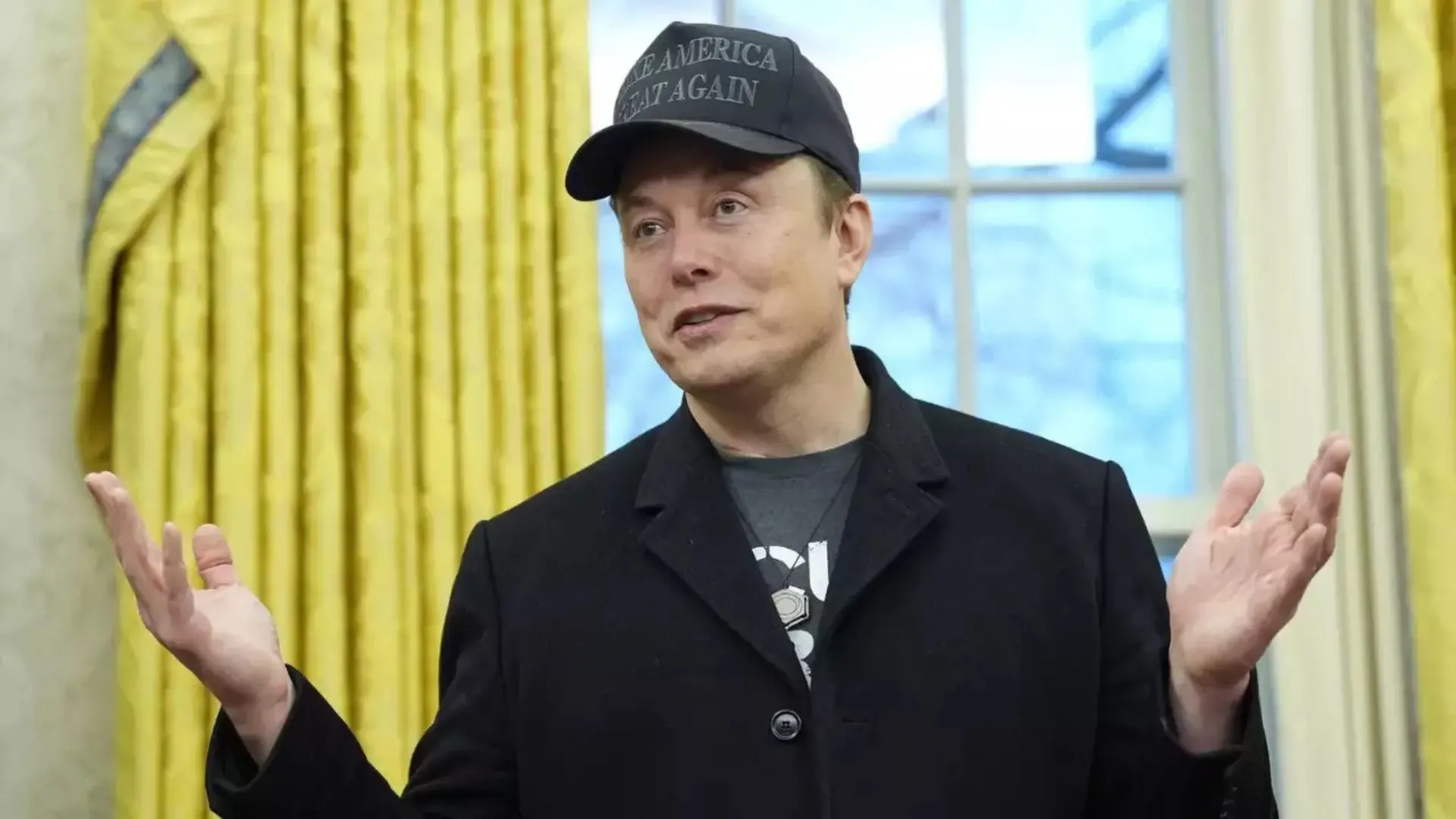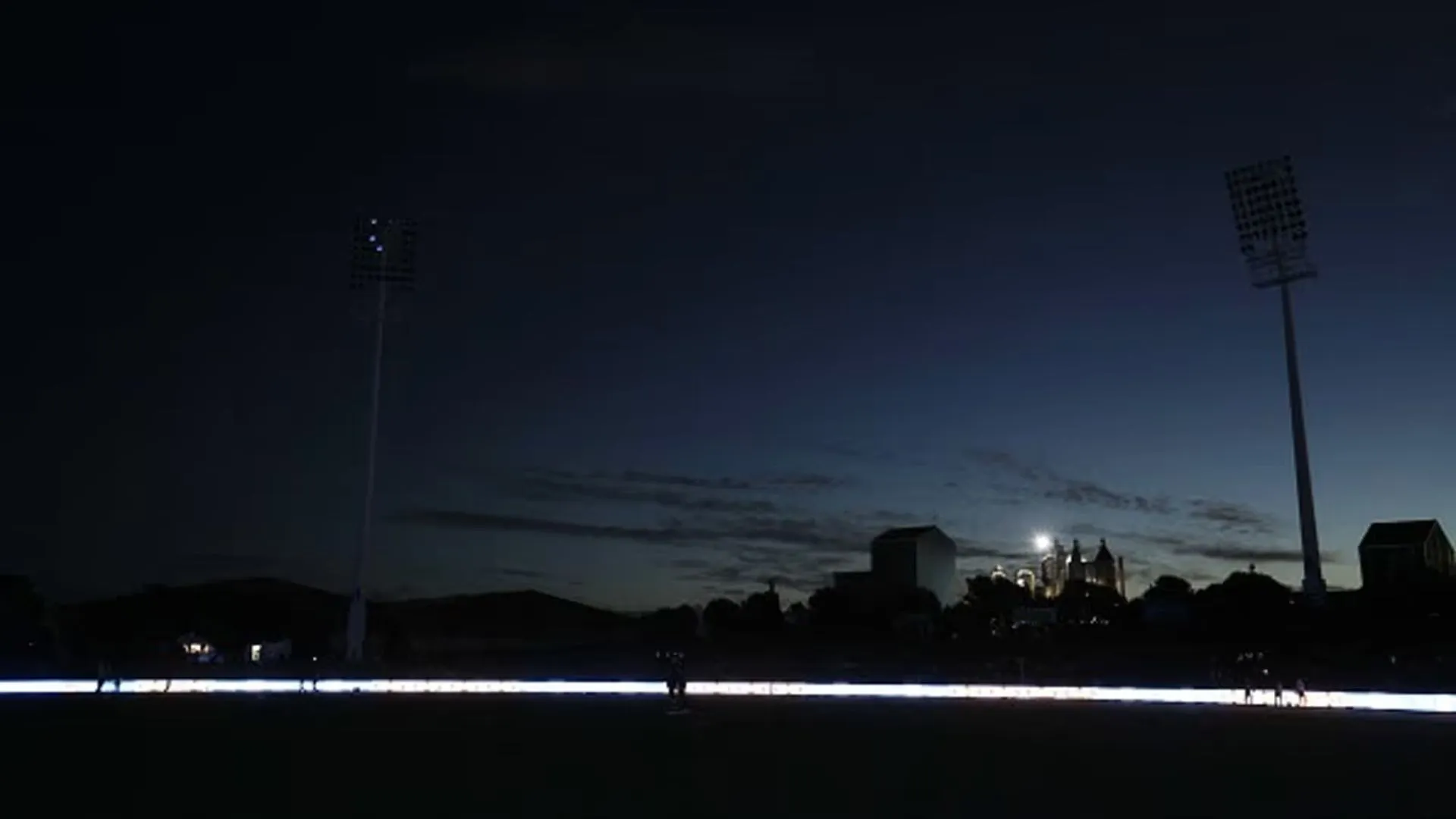Prime Minister Narendra Modi’s recent remarks targeting the Trudeau government for its failure to control pro-Khalistan extremists, particularly following the attack on a temple in Brampton, underscore significant diplomatic tensions. External Affairs Minister S. Jaishankar has echoed these concerns, criticizing the Canadian government for providing political space to extremist factions.
The Trudeau government’s allegations against India appear to be politically motivated, reflecting a broader frustration with India’s stance on Khalistani extremism. While PM Modi has called for justice and adherence to the rule of law, the Canadian response has been to perpetuate unverified claims against India, including the surveillance of Indian diplomats, similar to tactics used in Pakistan.
Khalistani extremism has been a longstanding issue in Canada since the tragic downing of Air India Flight 182 in 1985, but the current Indian government has intensified its focus on this matter since 2014. The Trudeau regime’s negative portrayal of India seems to be a reaction to the Modi government’s efforts to address the issue with concrete data.
Moreover, the allegations against India serve the interests of Canadian politics, as Khalistani extremists represent a significant voting bloc. This demographic tends to mobilize en masse, influencing election outcomes in a country where voter turnout is often low. Consequently, the muted response from Canadian opposition parties to the Brampton temple attack may be linked to their awareness of this voting power.
The radicalization of Sikh youth and the Trudeau government’s perceived tolerance of Khalistani extremism may yield short-term electoral benefits for the Liberal party, but such a strategy risks long-term damage to national interests. Allowing extremism to flourish can lead to a situation where violence becomes a legitimate tactic for activists.
Canada would do well to consider the implications of PM Modi’s strong statements. The Indian leader typically refrains from direct criticism unless he has thoroughly analyzed the situation, as evidenced by past interactions with Pakistan and China. His comments indicate that relations with Canada could worsen in the lead-up to the Canadian general elections next October. Moving forward, India is likely to hold the Trudeau government accountable for any incidents of Khalistani extremism directed against it.

